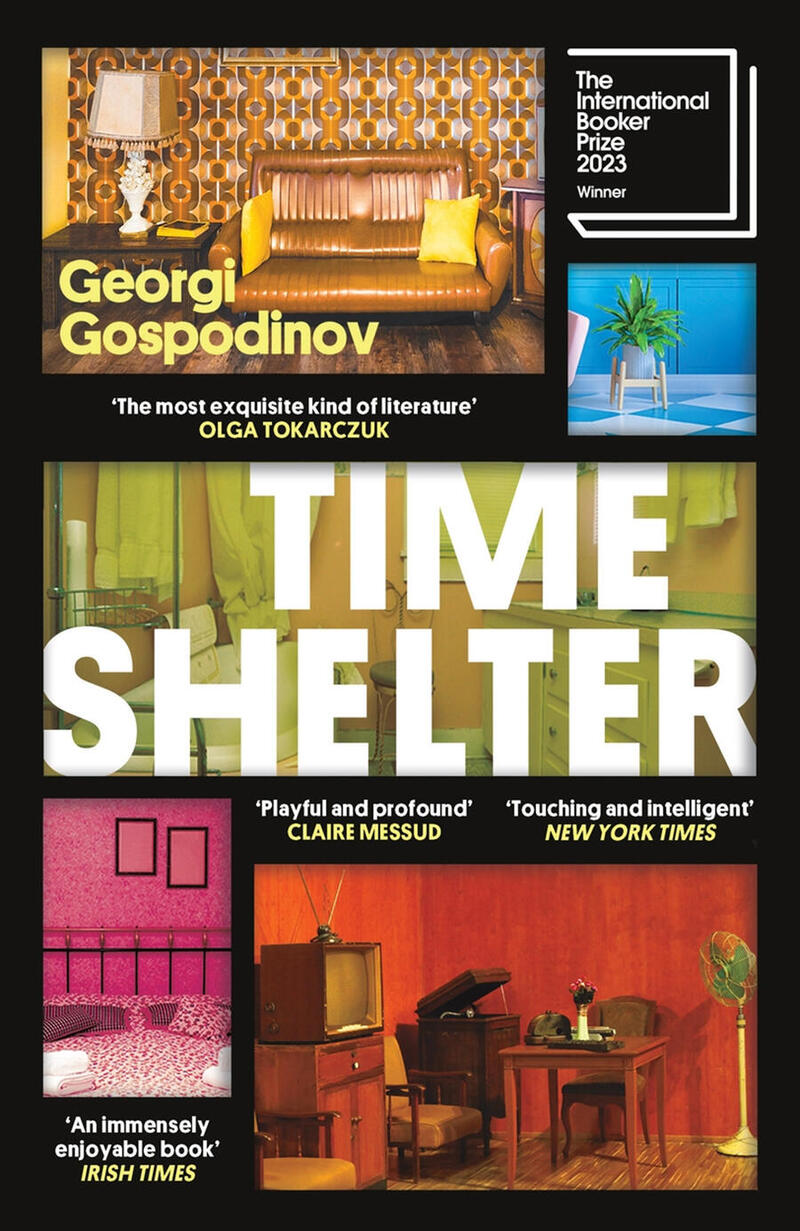Caponeu event
Book Club Politics and Literature: Novels for the New Century | Georgi Gospodinov: Zeitzuflucht
Caponeu event15.01.2024 - 15.01.2024
We opened the discussion with comments on the author, but also drew parallels with the book club's previous titles. This has proved to be a good strategy so far: a common thread has emerged that we did not expect before the book club began (keywords are “near future”, “futurelessness”, “discourses of powerlessness”). The fact that almost randomly chosen titles all touch on these points certainly says something about the political present to which this literature refers, and not just about the literature itself (in a detached sense of its autonomy).
The discussion has made it evident how much reading impressions are determined by the background of the readers. This doesn't just apply to the assessment of the political implications of a particular book (“is it political - is it not political?”), but also to the humour. While some of us had a good laugh at some parts, others considered these parts clichéd and pretentious. One book club participant said that the novel generally has a very good sense of humour, but another sitting next to him thought the novel was simply “bad” (however, he said this only after the book club meeting). To conclude: the assessment of the aesthetic quality as well as the political character of a novel is closely linked to the horizons of experience. We are actually certain of this in theory, but it is interesting when reading practice confirms this.
It is a highly constructed and deeply intellectual book that places the personal within a political horizon and politics within a personal context. Understanding historicism as a form of escapism, whereby the present willingly renounces its future to retreat into an idealised past, is a thought that resonates with a broad audience. I interpreted the book as a dystopia set in the aftermath of the so-called 'end of history.'
All in all, it can be said that the book club participants expressed great enthusiasm for the book. They appreciated its irony, with its treatment of the theme of Old Europe infused with a fin de siècle melancholy. However, there were also critical voices, finding the book somewhat too smooth and perhaps overly accommodating. In particular, the portrayal of Eastern European societies and cultures was criticised.
